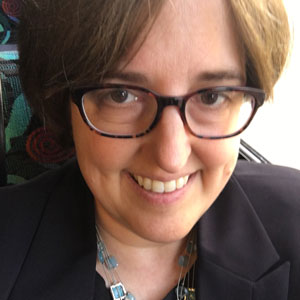By Rebekah Flynn, DNP, APRN, AGCNS-BC, AOCNS®, OCN®, CNE
New nurses are a lot like new drivers: they know just enough to pass the test but lack the experience to influence critical decisions. Those who understand the importance of continuing education in various formats have an advantage in today’s competitive job market.

Even so, many nurses encounter several barriers to education. As an advanced practice nurse and adjunct clinical faculty, I’ve helped nurses and students pursue rewarding educational opportunities despite barriers. Here are some of our tried and true tips.
Time and Direction
Majid noted that nearly 8,000 articles are published each month in a specific discipline. To remain up to date on so much information, a nurse would need to devote 20 hours every day to reviewing literature. Even studying half of that is an impossible demand for anyone, especially a working healthcare professional.
Yes, learning takes time, but it also gives us long-term reward, so look at it as an investment in your future. As you look at your options, I suggest beginning with a self-assessment of your educational needs. This helps you establish exactly what want to gain from furthering your education.
A nurse at the start of their career might find value in learning more about a specific disease process or procedure. A more seasoned staff nurse may benefit from focusing on new medications or indications.
After determining your needs, develop a plan and approach. Educational formats, topics, and resources are constantly expanding, which is great but can be overwhelming.
I also encourage nurses to explore the different educational mediums and evaluate how they feel after. Attend a seminar, listen to a podcast, or watch a video, then evaluate the process. Did you learn something valuable through this medium? Is it something you can take back to your role and use tomorrow? What questions did it answer? What do you want to learn more about because of the event?
As you learn, share the experience with your colleagues and inspire them to start their own journey to knowledge.
Cost
Education often costs money. Some organizations offer funding or reimbursement for learning opportunities, but as individuals and institutions look for ways to conserve funds, they may see educational experiences as a quick way to eliminate expenses.
However, I always urge nurses to explore their options before shrugging off an educational opportunity as “too expensive.” You may be surprised at just how many financial assistance programs are available.
ONS offers many cost-effective educational opportunities. Membership benefits include free or specially priced access to nursing continuing professional development (NCPD) credits through journal articles, podcasts, courses, webinars, and annual conferences.
Additionally, many local ONS chapters offer events for members to obtain NCPD for programs or conferences. The Oncology Nursing Foundation provides funding, scholarships and grants for nurses striving to enrich their practice.
Francis Bacon is often attributed with saying “knowledge is power.” This statement has stood the test of time, and there’s a reason why.
Oncology nurses, no matter the stage of their career, should continue to enhance their knowledge of health care. When we strive to consistently gain knowledge, others notice. Nurses who dedicate time, money, or attention to their educational growth benefit everyone: patients, employers, and themselves.






